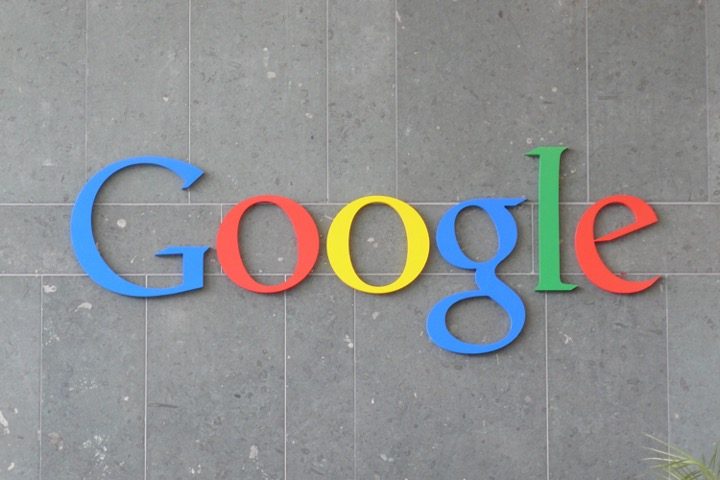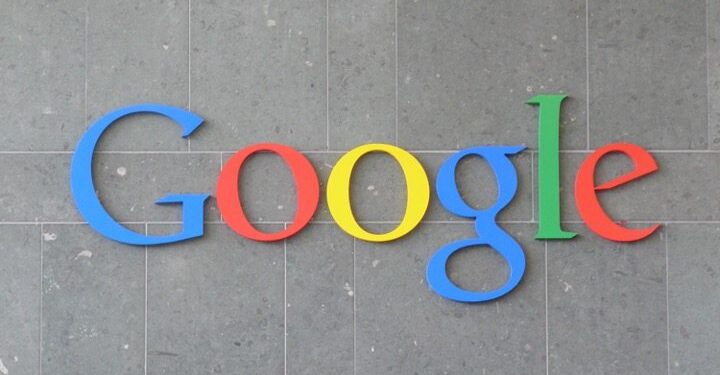
Google is now flexing its muscles in the face of regulation from the state of California.
As of Friday, the search giant is reportedly blocking Californians from seeing local news links in their search results in protest against a bill from the state that requires tech companies to pay publishers for their online content.
As Politico notes, this latest action from Google echoes a political strategy previously employed by the tech industry to oppose similar bills in regions such as Canada and Australia, where tech companies are mandated to compensate news agencies for the articles they display on online platforms, such as search engines or social media sites.
Jaffer Zaidi, who leads Google’s global news partnerships, said in a Friday blog post that the Golden State’s legislation could “result in significant changes to the services we can offer Californians and the traffic we can provide to California publishers.”
“We have long said that this is the wrong approach to supporting journalism,” Zaidi asserted.
The ongoing debate over the future of the journalism industry in the digital era has found its latest battleground in Sacramento, with California’s role assuming particular significance due to the presence of tech giants. Supporters of proposed legislation assert that companies like Google and Meta have significantly contributed to the decline of newsroom revenues by monopolizing digital advertising. They argue that news outlets should be entitled to compensation for the content that users access for free on these platforms.
But the tech companies fire back at this argument, contending that laws like the one being considered by California’s could reduce the flow of information, depriving the public of news. Google’s decision to restrict the visibility of local news is the company’s attempt to teach lawmakers a lesson, giving them a taste of what might happen if the bill were to be passed and signed into law.
Google had issued similar warnings about blocking content in Canada over its online news legislation before reaching an agreement with the Canadian government.
Meanwhile, Meta, the owner of Facebook, Instagram, and WhatsApp, permanently removed news content from its social feed in Canada, and has threatened to do the same thing in the United States if Congress and California go forward with similar policies.
In California, Google has vigorously opposed the legislation currently under consideration by the state Legislature. They have directed over $1 million toward an organization that launched an advertising campaign criticizing the bill as a “link tax.” Zaidi also employed this rhetoric in his Friday blog post.
Advocates of the bill contend that Google’s actions only serve to underscore the necessity of the legislation, highlighting the tech giant’s inordinate and dangerous influence over the diffusion of information. Danielle Coffey, president of News/Media Alliance, a pro-press trade association, criticized what she labeled as the company’s “undemocratic” tactics.
“We will not allow California newsrooms to be censored, silenced and threatened,” read a written statement by Coffey. “The need for the California Journalism Preservation Act could not be more clear — Google is not above the law.”
Last year, Assemblymember Buffy Wicks (D) advanced the legislation through the state Senate Judiciary Committee after it gained bipartisan approval in the Assembly. For it to become law this year, the bill needs to pass the Senate and receive Governor Gavin Newsom’s approval. Wicks’ enhanced political influence could provide momentum, as her elevation to the chair of the influential Assembly Appropriations Committee in November positions her to oversee critical bills.
Wicks responded calmly to Google’s action on Friday, expressing her dedication to engaging in negotiations with the company. However, state Senate leader Mike McGuire (D) took a more forceful stance, condemning Google’s actions as an “abuse of power” characterized by “extraordinary hubris.”
Said McGuire in his statement: “Let me be crystal clear: The legislative process will not be blunted by this bullying. This is a breach of public trust and we call on Google Executives to answer for this stunt.”
California Democrats, who control both houses of the Legislature as well as the governorship, are generally in line with taking a more aggressive stance against companies like Google. During an informational hearing in December, certain senators challenged a Google representative who criticized Wicks’ proposed legislation.
Google remains a major monopoly, dominating the global search market with a share hovering between 86 percent and 96 percent, depending on the source and specific time frame. According to Statcounter Global Stats, as of March 2024, Google held roughly 91.37 percent of the global search market share.
This presents several dangers. While Google claims neutrality, it can prioritize or de-emphasize information in search results; its vast market share can stifle competition and innovation in the search engine space; and with limited alternatives, there’s less pressure for Google to improve its services or explore new ways of presenting information.
Furthermore, Google collects a vast amount of user data to personalize search and target advertising. While users might agree to terms of service, they may not fully understand how their data is used. This raises concerns about privacy and potential misuse of personal information.

































 Reaction & Commentary
Reaction & Commentary















